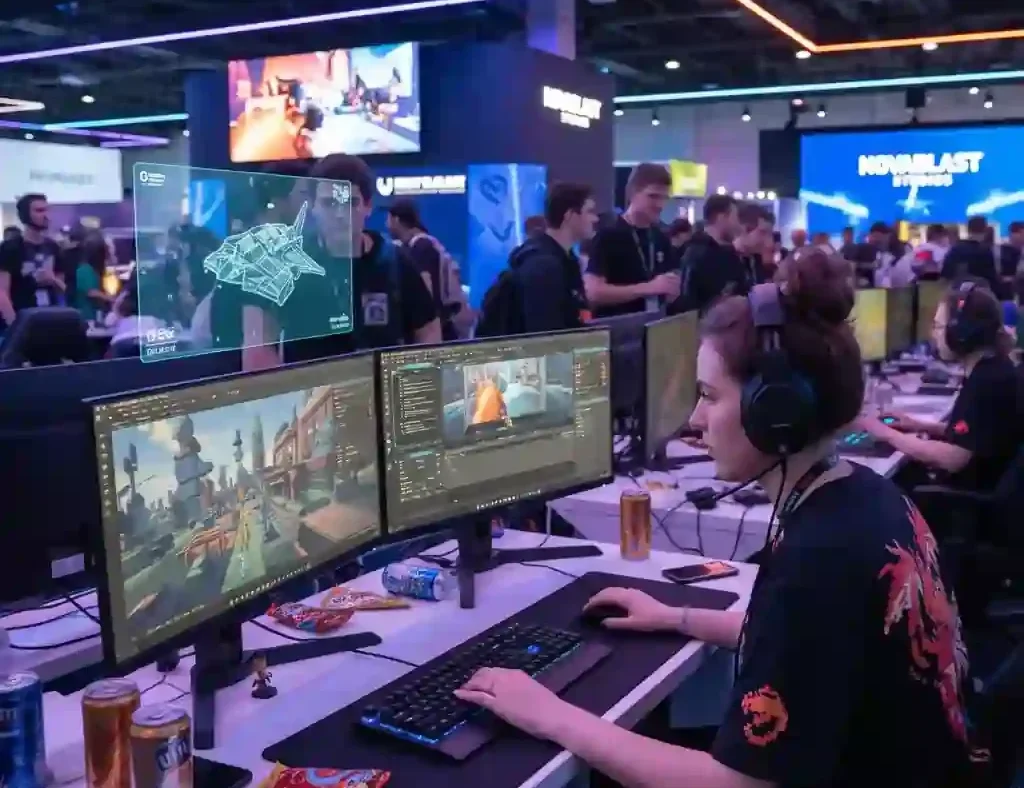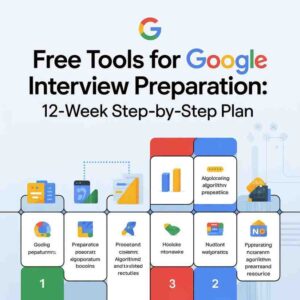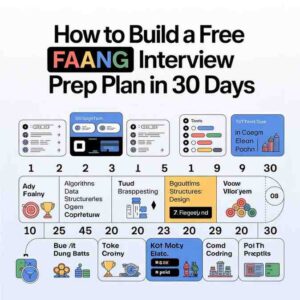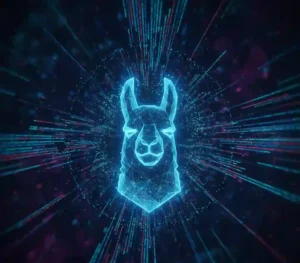Hey, picture this: You’re knee-deep in code, tweaking a character’s jump just right, and suddenly, millions are raving about your world on Steam. Sounds like a fever dream? Not in 2025. The gaming world’s exploding, global revenues are hitting $188.8 billion this year alone, up 3.4% from last. With 3.32 billion gamers worldwide, it’s no wonder folks are ditching desk jobs for pixels and polygons. If you’re itching to learn game development and carve out your spot in this chaos, stick around. We’re breaking down the game developer career path 2025 into seven dead-simple steps. No fluff, just real talk from someone who’s seen coders go from zero to hero.
This isn’t some pie-in-the-sky guide. We’ll hit the game dev skills that actually land gigs, tools like Unity that won’t eat your soul, and stories from indie game developers who’ve cashed in big. By the end, you’ll have a roadmap to turn your late-night sketches into a paycheck averaging $116,251 a year. Ready to level up? Let’s dive in.
Table of Contents
Why the Game Developer Career Path 2025 is Exploding (And Why You Should Jump In)
Let’s get real, gaming isn’t just fun; it’s a beast of an industry. Forget the post-pandemic slump; 2025’s rebounding hard. Mobile gaming’s leading the charge, with player habits shifting toward bite-sized sessions and social hooks. But here’s the kicker: While big studios like EA dominate headlines, indie game developers are stealing the show. Think about it, over 70% of Steam’s top sellers last year were from small teams or solos.
Why now? Tech’s making it easier than ever to learn game development without a fancy degree. Cloud tools, free assets, and AI helpers mean you can prototype a full game in weeks, not years. Plus, the demand’s insane. Studios are scrambling for talent as VR/AR blurs lines with reality, and esports pulls in billions.
But don’t get starry-eyed. The game’s tough; layoffs have hit 40,000 roles since 2022. Success comes to those who grind smart. Average salaries hover around $116K for mid-level devs, but seniors can pull $150K+ in hot spots like California or Seattle. If you’re cool with that hustle, the game developer career path 2025 could be your golden ticket. It’s creative freedom meets cold, hard cash. What’s not to love?
Nail These Core Game Dev Skills Before You Even Touch Code
Alright, confession time: I once thought game dev was all about killer graphics and epic boss fights. Wrong. It’s 60% problem-solving, 30% creativity, and 10% caffeine. To thrive on the game developer career path 2025, stack these game dev skills early. They’re non-negotiable, whether you’re eyeing AAA or indie vibes.
- Programming Mastery: C# for Unity game development or C++ for Unreal—pick one and own it. Why? Engines handle the heavy lifting, but you need to script behaviors, fix bugs, and optimize performance. Pro tip: Start with free Codecademy courses; aim for 100 hours before your first project.
- Math and Physics Basics: Vectors, trigonometry, collision detection—sounds nerdy, but it’s how your hero dodges bullets realistically. Tools like Unity’s physics engine forgive slop, but understanding the math makes you indispensable.
- Design Thinking: Beyond code, grasp player psychology. What hooks ’em? Balance difficulty without frustration. Study classics like Zelda—it’s not just fun; it’s engineered joy.
- Art and Animation Fundamentals: You don’t need Pixar-level skills, but Blender basics let you mock up assets fast. For indie game developers, this versatility saves outsourcing bucks.
- Soft Skills That Seal Deals: Communication tops the list—explaining tech to artists or bosses. Throw in debugging grit and version control (Git, anyone?). In 2025, AI tools like Copilot speed code, but humans win on collaboration.
Stats back it: 80% of hiring managers prioritize problem-solving over raw coding chops. Build these game dev skills through daily practice. Join Discord jams—nothing beats feedback from peers.
Step-by-Step: Your Game Developer Career Path 2025 Blueprint
Enough theory. Here’s the meat: the seven steps to launch your game developer career path in 2025. Each one’s packed with actionable tips, timelines, and pitfalls to dodge. Think of it as your personal quest log.
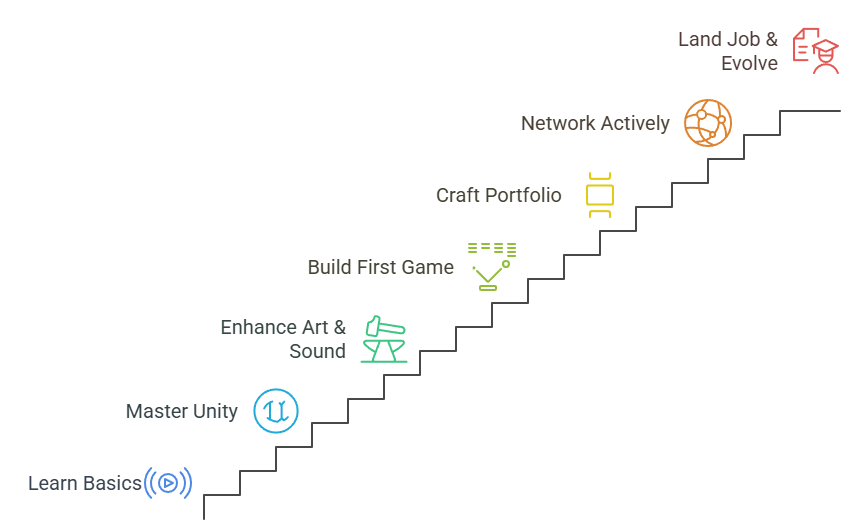
Step 1: Lay the Foundation—Learn Game Development Basics (Months 1-2)
Start small, or you’ll burn out. Dedicate two months to fundamentals. Grab free resources like Unity Learn or freeCodeCamp‘s game dev track.
- Enroll in a structured bootcamp: Platforms like Udemy offer “Complete Unity Developer” for under $20. Aim for 10 hours/week.
- Practice daily: Code a simple pong clone. Tweak until it feels snappy.
Real-world win: Eric Barone, the solo genius behind Stardew Valley, spent four years self-teaching programming and pixel art before launch. That grind netted him millions, proof that persistence pays.
Pitfall: Don’t chase every language. Stick to one engine first.
Step 2: Pick Your Weapon—Master Unity Game Development (Months 3-4)
Engines are your playground. In 2025, Unity edges out for beginners—it’s free, mobile-friendly, and powers 70% of top mobile hits.
- Download Unity Hub and follow official tutorials: Build a rollercoaster game to grasp physics.
- Experiment with assets: Use the Asset Store for free models—focus on scripting interactions.
Case study alert: Matias Colotto, an indie game developer, whipped up “Magic Research” in Unity. With just two Reddit posts, he raked in $400K in 12 months. His secret? Nailing addictive idle mechanics early.
By month four, you’ll have a mini-portfolio piece. Pro move: Version everything in GitHub; recruiters love it.
Step 3: Level Up Art and Sound (Months 5-6)
Games aren’t code dumps; they’re sensory feasts. Hone these to make your prototypes pop.
- Learn Blender or Aseprite: Free tools for 3D models or 2D sprites. Start with low-poly assets, they’re forgiving.
- Audio basics: Use Audacity for SFX. Free libraries like Freesound.org save time.
Example: Toby Fox’s Undertale thrived on chiptune sounds and hand-drawn charm. No AAA budget, just smart choices that hooked 3 million players.
Tip: Collaborate early. Post WIPs on r/Unity3D, feedback sharpens your eye.
Step 4: Build and Ship Your First Game (Months 7-9)
Theory’s cute, but shipping’s king. Create a full game, something playable in 10 minutes.
- Scope tiny: A puzzle or endless runner. Use Unity’s build tools for WebGL demos.
- Test ruthlessly: Friends first, then itch.io for blind plays.
Indie spotlight: Celeste’s team started with a jam entry. That snowballed into a $10M+ hit, all from iterating on player pain points.
Launch on itch.io. Even 100 downloads teach more than 1,000 tutorials.
Step 5: Craft a Killer Portfolio (Month 10)
Your resume? Meh. Your portfolio? Magic. Showcase 3-5 projects highlighting game dev skills.
- Structure it: GitHub pages with videos, code links, and post-mortems. Explain choices, like why you used raycasting for AI.
- Tailor per role: Emphasize Unity game development for mobile gigs.
Fact: 90% of studios skip applicants without live demos. Make yours scream “hire me.”
Step 6: Network Like Your Career Depends on It (Months 11-12)
Solo coding’s lonely, success isn’t. Hit GDC online streams or local meetups.
- Join communities: itch.io forums, GameDev.net. Share wins, ask questions.
- Cold outreach: DM indie game developers on Twitter. “Loved your post-mortem, quick tip request?”
Case in point: Many Stardew Valley fans became collaborators for Barone’s next project. Networks fuel gigs.
Step 7: Land the Gig and Keep Evolving (Ongoing)
Apply everywhere, LinkedIn, Indeed, studio sites. Customize covers with your focus keyword: game developer career path 2025 vibes.
- Prep interviews: Whiteboard algorithms, discuss failures.
- Freelance first: Upwork for indie contracts builds cred.
Post-hire: Stay sharp. 2025’s trends? AI integration and cross-platform ports. Evolve or get left in the dust.
Top Tools to Supercharge Your Unity Game Development Workflow
Tools make or break efficiency. Beyond Unity (the 2025 darling for its no-code perks), here’s your kit:
- Unreal Engine 5.6: For AAA visuals, Nanite tech renders worlds without lag.
- Godot: Free, open-source alternative. Great for 2D indies.
- Visual Studio: IDE for debugging C# scripts seamlessly.
- Trello or Notion: Project management, track sprints like a pro.
Pro tip: Integrate Git LFS for asset-heavy repos. These cut dev time by 30%, per studio surveys.
Tackling Roadblocks on Your Indie Game Developer Adventure
Let’s not sugarcoat: The game developer career path 2025 has thorns. Crunch culture? Real. Imposter syndrome? Brutal.
- Burnout Buster: Pomodoro sessions, 25 minutes code, 5-minute walk. Set “ship ugly” deadlines.
- Funding Fears: Crowdfund on Kickstarter. 40% of campaigns hit goals with strong demos.
- Skill Gaps: Outsource art via Fiverr if stuck. Focus on your strengths.
Remember Colotto? He iterated through flops before Magic Research clicked. Failure’s just data.
FAQs
How Long Does It Take to Learn Game Development and Become a Pro Game Developer?
It varies wildly, six months for basics if you’re grinding full-time, but 2-3 years for pro-level chops. Eric Barone took four years solo; bootcamps shave it to months. Key? Consistent projects over cramming.
What Are the Most In-Demand Game Dev Skills for 2025 Jobs?
Programming (C#/C++), Unity/Unreal proficiency, and soft skills like teamwork top lists. Add AI ethics knowledge, it’s hot with procedural gen rising
Can You Succeed as an Indie Game Developer Without a Degree?
Absolutely, 90% of indies are self-taught. Portfolios trump paper. Barone had zero formal training.
What's the Best Way to Start Unity Game Development as a Beginner in 2025?
Unity Learn’s free pathway: Tutorials to full games in 20 hours. Build a 2D platformer first; it’s forgiving.
How Do You Build a Portfolio for the Game Developer Career Path 2025?
Three polished projects: One solo, one collab, one shipped. Include code, videos, and “what I learned” blurbs. Host on itch.io.
There you have it, your launchpad for the game developer career path 2025. This isn’t overnight fame; it’s steady wins stacking up. Grab Unity, code that first script, and who knows? Your name could be the next Barone. What’s your first project idea? Drop it in the comments, let’s brainstorm. Game on!

